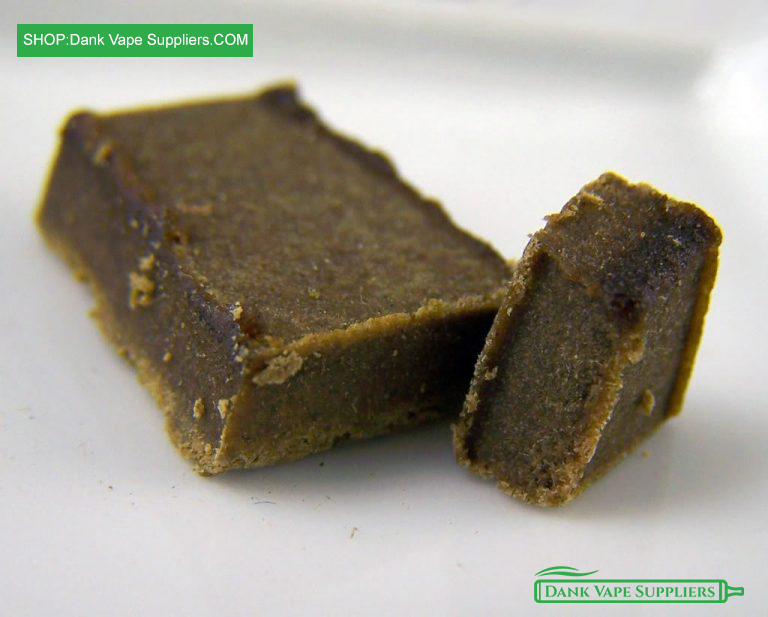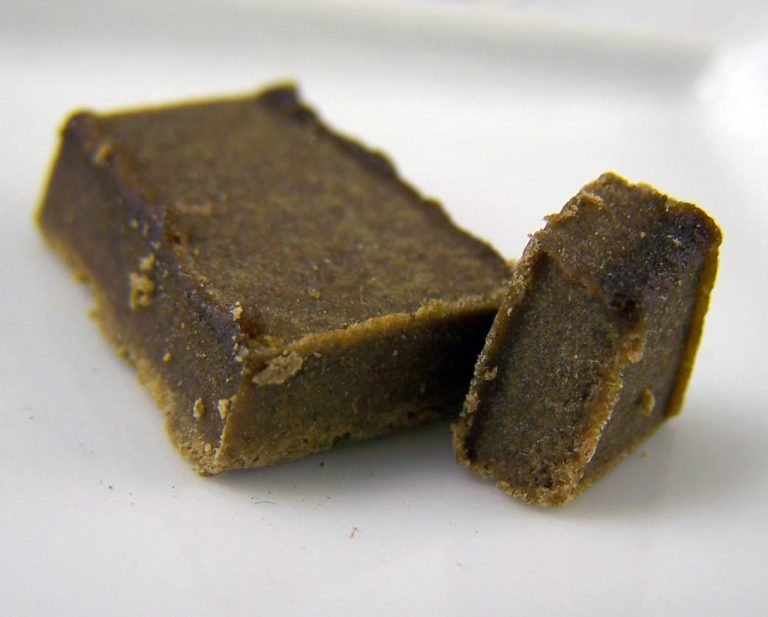

$350.00 – $2,300.00
Moroccan Hash is a hash clone. It is worldwide legal, and it will be legal forever. It does NOT contain any THC, synthetic cannabinoids or other research chemicals (like JWH-018, JWH-073, JWH-250, AM-2209 etc.).
Moroccan Hash is a legal hash clone free of THC, synthetic cannabinoids, or harmful chemicals like JWH-018, JWH-073, or AM-2209. It stands as one of the best legal hash options today, made entirely from natural, food-grade materials. Its appearance, texture, and aroma mirror traditional hash. Moroccan Caramello Hash differs only in color from the other products. If you’re unfamiliar with our offerings, start with a sample pack of Moroccan Hash.
Morocco is renowned for producing some of the world’s finest hash. While the exact origins of its cultivation remain unclear, it likely began with the Arab invasions of Maghreb between the 15th and 17th centuries. Early hashish was created for local use, often grown in small orchards or gardens. Traditionally, hashish or kief gets smoked with black tobacco through a Sebsi Pipe, mixed into food, or used in Sufi rituals.
Although Morocco enforces strict regulations on cannabis cultivation, several Rif tribes retained cultivation privileges before the 1950s. However, King Mohammed V prohibited cannabis nationwide in the mid-20th century. dank carts
During the 1960s and 1970s, Morocco attracted Western tourists eager to experience hashish. As demand grew, production methods improved, allowing Morocco to supply hashish across Europe and the Mediterranean. The United Nations estimates that tens of thousands of people in Morocco’s Rif region depend on cannabis cultivation for their livelihood. Despite the large profits made in Europe, local farmers often face challenges, including blackmail from local authorities. Hashish that sells for $8 per kilo locally can reach €5-10 per gram in Europe.
Smuggling Moroccan hashish has become less risky due to the decriminalization of cannabis in countries like Spain and Portugal. Within Morocco, discussions about decriminalization have been ongoing. Some politicians recognize the economic potential of legalization, while health officials consider its use as a medicinal product. fryd carts box
Farmers, however, remain skeptical about these changes. Many fear that legalization could lead to government monopolies and reduced profits. Instead of earning from their crops, they worry that state agencies will take control, leaving them with even less income. Legalizing cannabis could create jobs, reduce corruption, and provide better access to a valuable medicine and resource.
Regardless of whether decriminalization happens, farmers in the Rif mountains will likely continue cultivating cannabis. The region faces harsh droughts that destroy most crops, but the cannabis plant thrives under such conditions. This resilience makes it a natural choice for local farmers, ensuring that cannabis will remain a vital part of the region’s economy for years to come.
As global conversations about cannabis evolve, Morocco’s hash industry will play an important role in shaping both local and international markets.
| QUANTITY | 1 oz, 1 Pound, 1/2 Pound, 1/4 Pound |
|---|
Only logged in customers who have purchased this product may leave a review.
© Dankvapesuppliers-2024 . All rights reserved.
Reviews
There are no reviews yet.